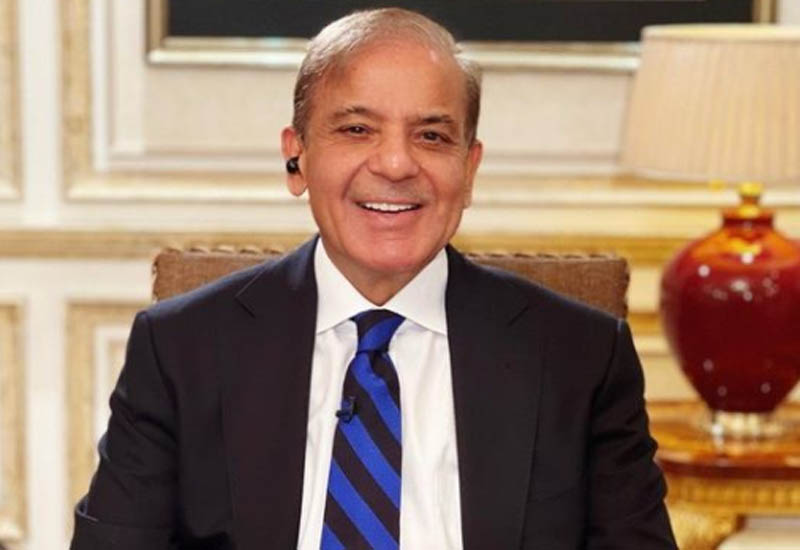
Debt-ridden Pakistan readies to privatise all state-run companies, except strategic ones: Reports
Islamabad: Debt-ridden Pakistan has decided to privatise all state-run enterprises, except strategic ones, broadening its earlier decision to offload stakes only in loss-making companies, media reports said.
This announcement comes a day after Pakistan started negotiations with the International Monetary Fund (IMF) for a new long-term Extended Fund Facility (EFF).
Pakistan’s Prime Minister Shehbaz Sharif announced this while chairing a review meeting on the privatisation process of loss-making state-owned enterprises (SOEs), according to media reports.
During the meeting, he stated that aside from strategic state-owned firms, all other enterprises—whether profitable or loss-making—will be privatised, reported Geo News.
Emphasising that the government's role is to foster a business and investment-friendly environment rather than conduct business, Sharif instructed all ministries to take action and cooperate with the Privatisation Commission.
Highlighting the need for transparency in the privatisation process, he ordered that the privatisation of Pakistan International Airlines (PIA) be televised, including the bidding and other important steps in the process.
The report added that PIA's privatization is in its final stage.
Pakistan's ailing national flag carrier stood as the country's third-highest public sector loss-making entity, requiring Pakistani Rs 11.5 billion per month solely for servicing its debts.
The process of privatisation of other institutions will also be broadcast live, the report said.
A roadmap for the Privatisation Programme 2024-2029 was also presented during the meeting, The Express Tribune reported.
Ministers were informed that loss-making state-owned enterprises (SOEs) would be prioritized for privatization, and a pre-qualified panel of experts was being appointed to the Privatisation Commission to expedite the process.
The government, led by Prime Minister Sharif, has been pushing for the privatization of several state-owned enterprises to alleviate the burden on the exchequer and address the prevailing financial crunch.
Previously, cash-strapped Pakistan planned to privatize only loss-making SOEs, according to Dawn.
Privatisation has long been recommended by the Washington-based IMF for Pakistan, which faces a high fiscal deficit.
The country narrowly averted default last summer and has since stabilised its economy following the completion of the last IMF program.
Inflation has decreased to around 17 percent in April from a record high of 38 percent last May.
Despite this, Pakistan continues to struggle with a high fiscal shortfall.
The external account deficit has been controlled through import restrictions, but this has resulted in stagnating growth, which is expected to be around 2 percent this year compared to negative growth last year.
Support Our Journalism
We cannot do without you.. your contribution supports unbiased journalism
IBNS is not driven by any ism- not wokeism, not racism, not skewed secularism, not hyper right-wing or left liberal ideals, nor by any hardline religious beliefs or hyper nationalism. We want to serve you good old objective news, as they are. We do not judge or preach. We let people decide for themselves. We only try to present factual and well-sourced news.






